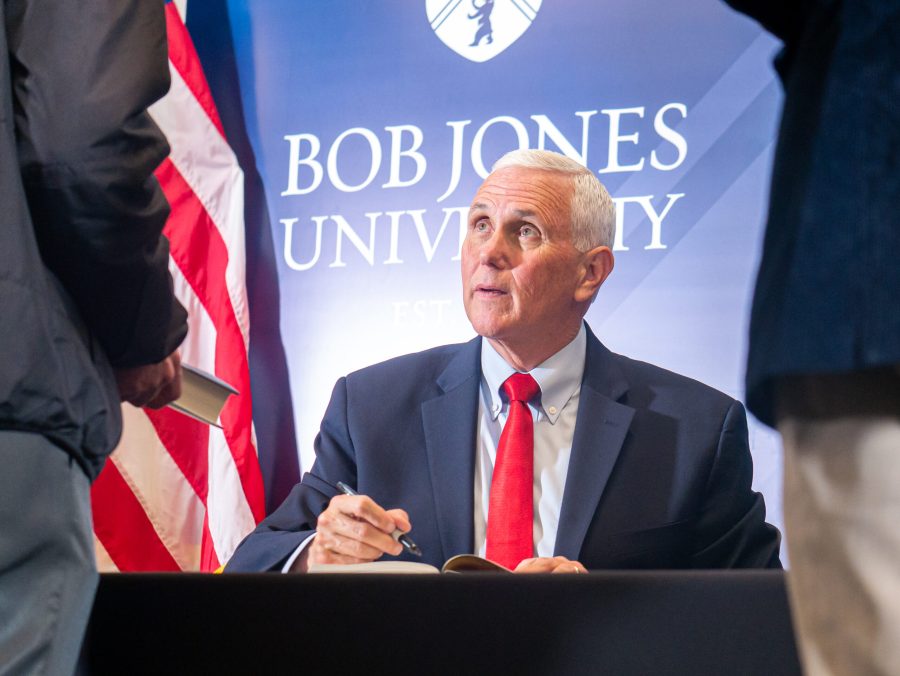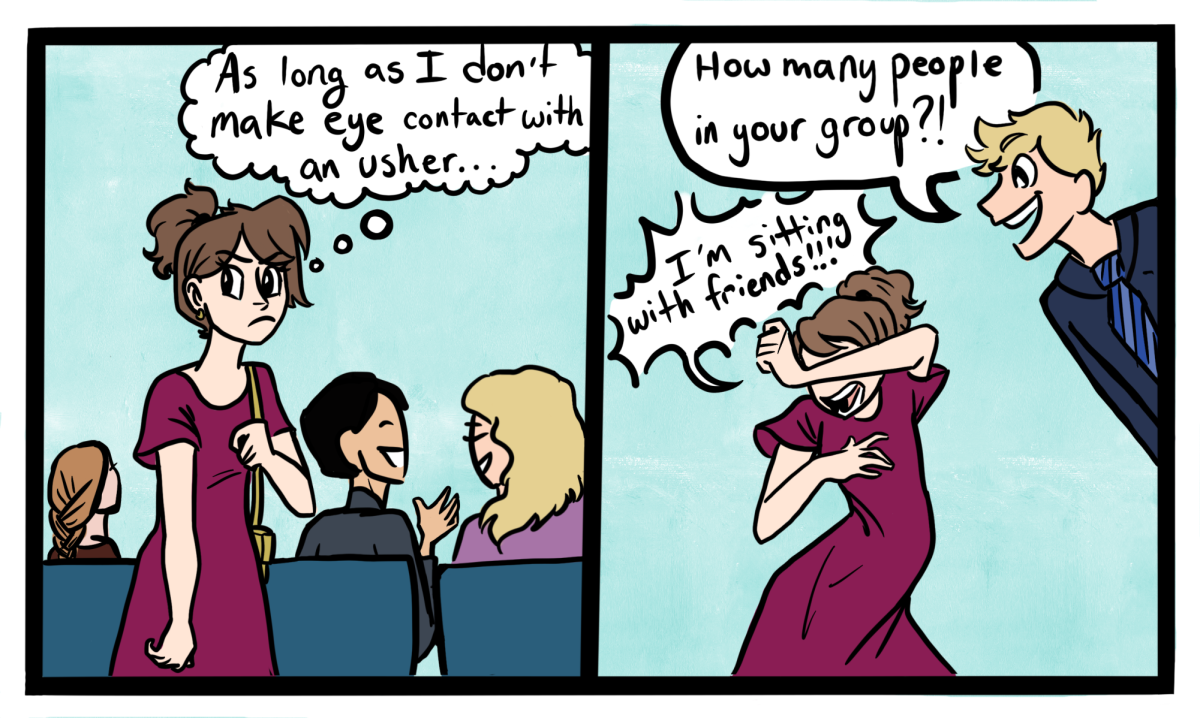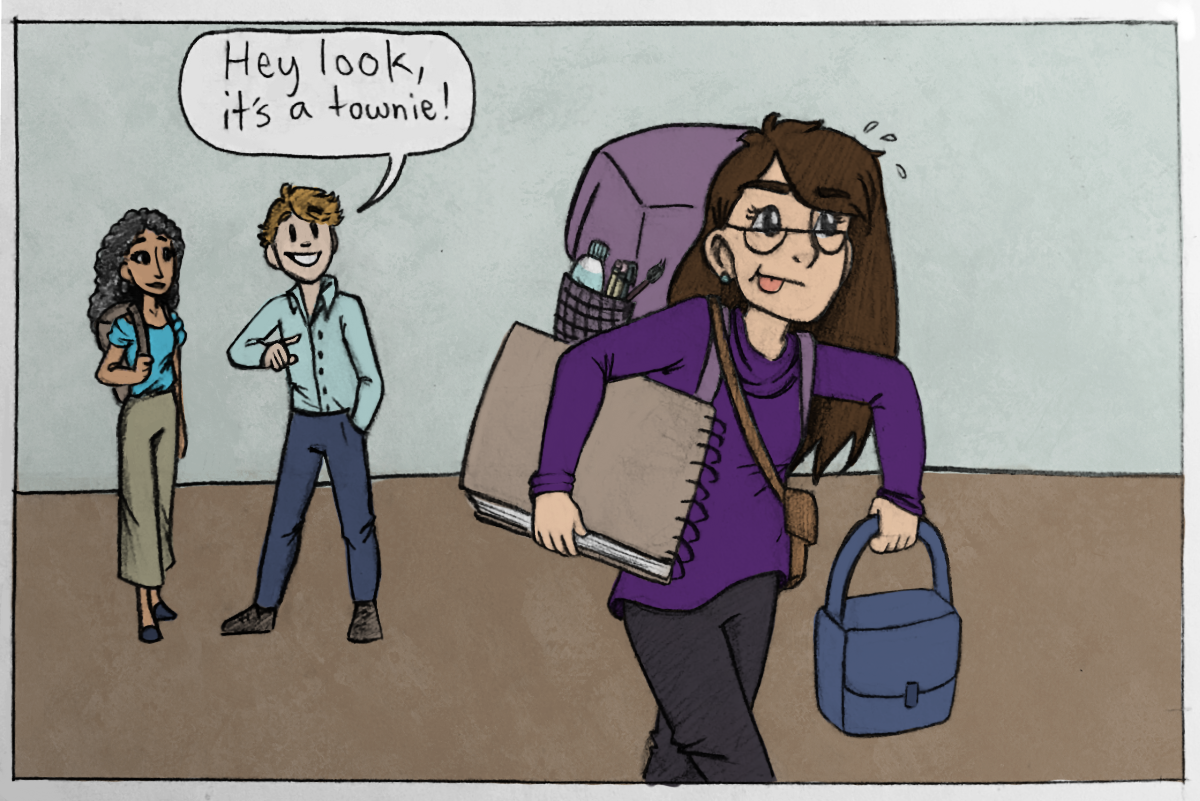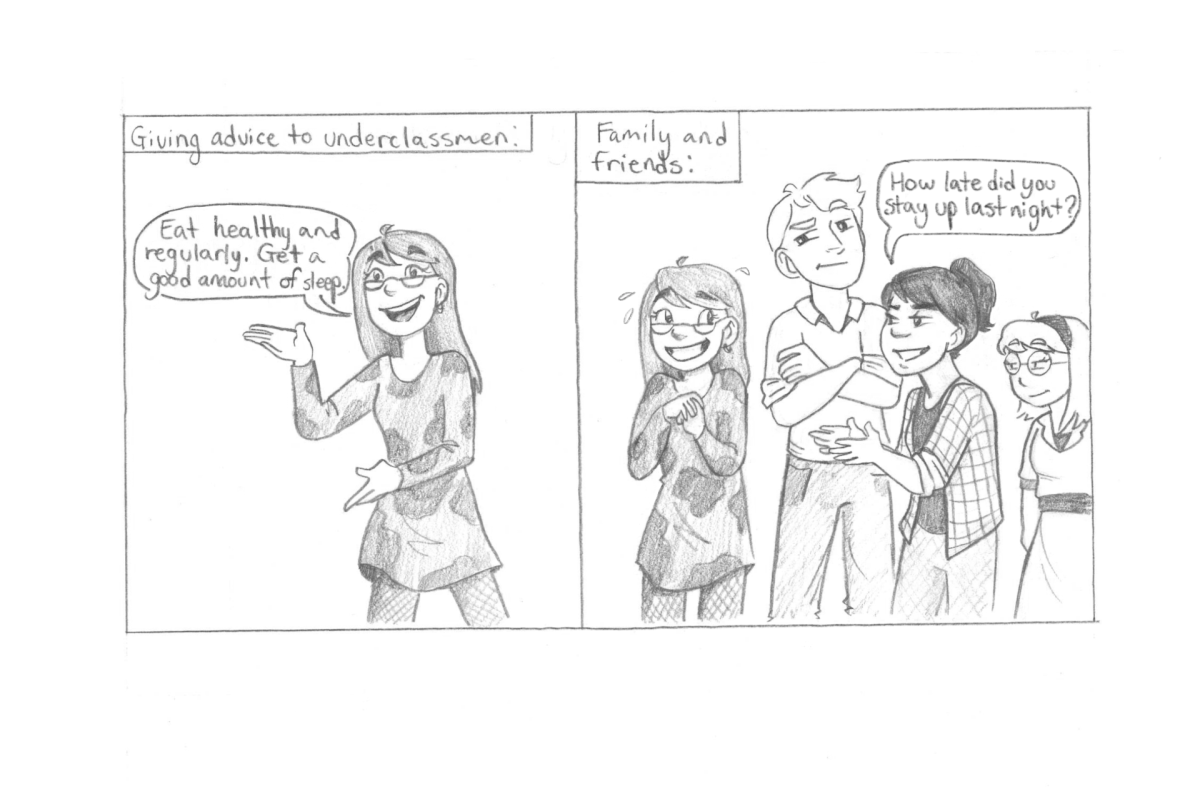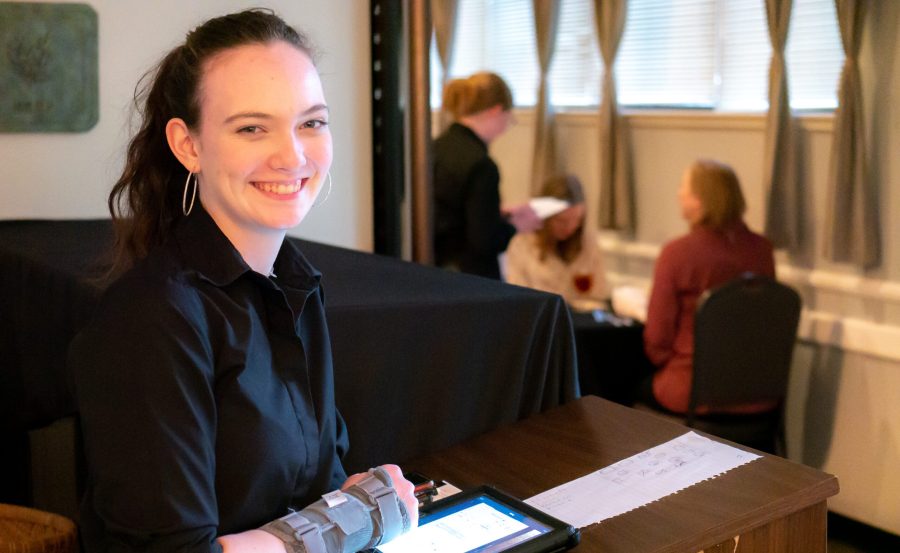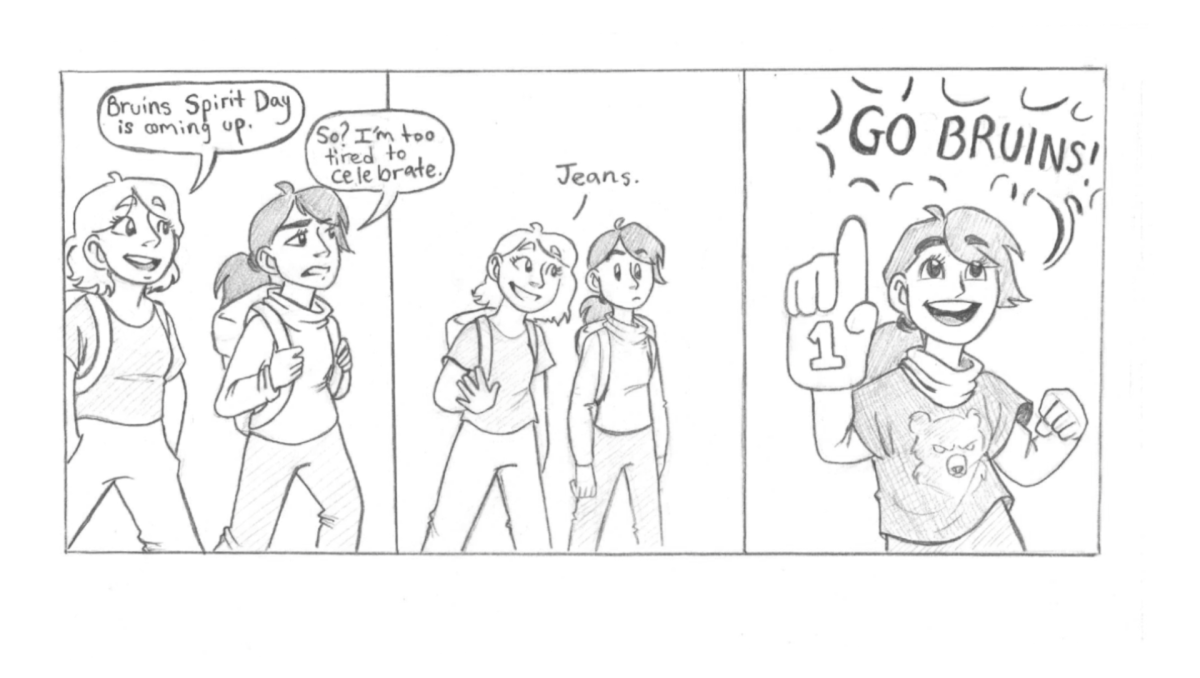As a journalism major, I’ve noted the growing scrutiny surrounding journalism with concern. In 2020, a third of U.S. adults had no trust or confidence in mass media according to Gallup. Past journalistic failures stick in the public’s mind and taint its perception of the whole industry.
Take Jayson Blair for example. He worked for the New York Times in the early 2000s and rose through the ranks quickly. In 2003, the Times fired him and his editors after discovering he had fabricated and plagiarized stories.
Journalists are humans. Humans err. Humans cheat and lie and take shortcuts. When a journalist breaches public trust, surprise should come low on our list of reactions. But distrust and concern are understandable.
We should be concerned about the reliability of journalism because it is an essential pillar of democracy, serving as an additional check on a human government that also errs.
The Post and Courier, a newspaper based in Charleston, South Carolina, recently announced the launch of Uncovered, a project that focuses solely on government corruption. The article announcing the project says, “Sunlight can disinfect, but South Carolina has lost some light.”
The line sounds biblical, and the truth behind it is: humans mess up. The Bible declares that our nature is bent toward sin. Therefore, those in power need to be held accountable, their actions brought into the light. But what happens when those watching the people in power begin to act unethically? How can we hold them accountable?
The action that comes to mind is to prevent unethical journalists from continuing their career: no more reporting, writing and potentially lying. The solution seems natural. Parents take toys from children; judges confine convicts to cells. But we cannot legally prevent a person from practicing journalism without stepping on the First Amendment.
Reporters need zero permission to practice journalism. Every Joe and Jane in Small Town, USA, can practice citizen journalism when something unusual or important happens. Meaning journalists who violate ethical norms and the public trust have no special license to be revoked. Unless a journalist commits slander or libel, the law has little to say.
Compare this to the medical field. Every surgeon in America must meet a stringent set of requirements before receiving a license to practice. At any point, the medical association may revoke the license and stop the surgeon from operating.
Journalism has no such board of license-giving and license-taking members. But journalism might not need such a board.
Journalism is a business with newspapers alone generating over $25 billion annually in the United States in 2017. Businesses make choices based on revenue. That’s why the New York Times fired both the offending journalist, Blair, along with his executive editor and managing editor. The Times can’t risk its reputation.
We should be concerned about the reliability of journalism because it is an essential pillar of democracy.
As long as America has an engaged public, the Times will fall from public grace if its employees continue breaking ethical guidelines or publishing biased news without repercussions. How? Readers will stop reading the Times because it lacks credibility.
The news industry is one based on trust, ethics and reliability. If consumers place high expectations on the outlets they frequent, those outlets will place high expectations on its employees.
This whole scheme actually depends on the reader, not the journalist. The news consumer must be engaged, an active participant in the news process. So what can the average citizen do to encourage ethical journalism?
First, we must actively seek reliable news, not hope it comes across our social media feeds. The word “reliable” might cause a hiccup. National media has become overtly partisan. Is there an outlet that Republicans, Democrats and Independents agree walks the middle of the aisle? Maybe; let’s not wait for a poll though.
Instead, diversify your news intake. Don’t place all your money in one stock or all your eggs in one basket. Engage with multiple news outlets—both Christian and secular—to receive different points of view, increase your understanding and prevent major disarray from one company’s ethical failure.
Numbers two and three go hand in hand. Share quality journalism and pay for your news. Both of these further the public’s value to a news outlet, increasing the impact if readers decide to leave.
By sharing an article, you demonstrate its value and show your trust in its source. By paying for news, you help outlets increase coverage. Instead of worrying about clickthrough rates, the reporters can focus on pieces that keep democracy in check.
When citizens actively engage with news outlets, they place journalists under a powerful microscope. The chances diminish that a journalist will plagiarize or completely fabricate a story without getting caught, meaning that journalists will be less inclined to take the risk of being unethical. The costs are too high.
With citizens choosing and supporting where they receive news, businesses will take care to keep its readers. And if citizens avoid news organizations with scandals and flimsy integrity, editors will stringently analyze and question their journalists who will, in turn, report with care.
Journalists will continue to err, just like you. These steps won’t cure the industry. But they will make journalism more resistant to unethical norms and help you create better media habits to become a better citizen.












